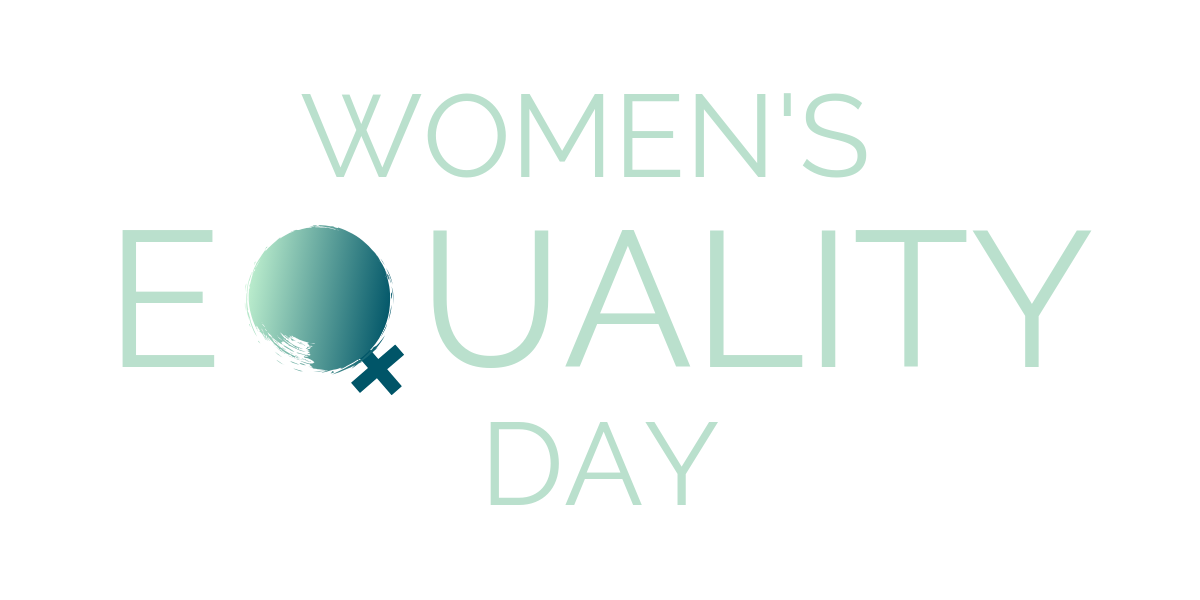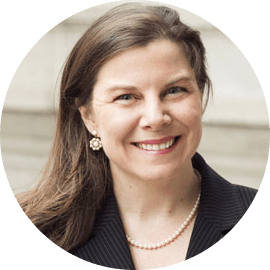
Women’s Equality Day is observed on August 26th every year to commemorate the right of women to vote in the U.S and, also to promote equality between men and women. On this date, 99 years ago, women’s right to vote became part of the United States Constitution, giving women a voice in government.
However, nearly a century later, women are still struggling to reach equal status with men on the financial front. According to the Women’s Institute for a Secure Retirement, women earn an average of 73 cents for every dollar earned by men. That means women are earning over 25% less than men. Discrimination, child-rearing and caring for elderly parents cause women to move in and out of the workforce and, as a result, women spend an average of 11 ½ years out of the workforce, in their lifetime, versus just 16 months for men. These years out of the workforce leave women with much smaller retirement savings accounts and women are expected to live 6-8 years longer than men, so this vastly reduced amount of money must last longer than men’s retirement savings.
Women’s lower pay and vastly reduced work history adds to many women finding themselves in financially vulnerable situations. Elderly women are far more likely to be poor than elderly men. A study from the Kaiser Family Foundation revealed that 3 million women ages 65 and older have incomes below poverty under the official poverty measure, but this number rises to more than 4 million under the Supplemental Poverty Measure (based on three-year 2015-2017 averages). Among older men, 1.6 million live in poverty based on the official poverty measure, a number that increases to 2.7 million based on the Supplemental Poverty Measure.
Women are financially squeezed, further, because our medical costs outpace men’s. According to a recent Fidelity study, a single 65-year-old man should estimate $135,000 for health-care costs, but a single woman should plan for at least $150,000 in these costs during retirement because women tend to live longer than men. Fidelity’s estimate assumes that she is eligible for Medicare, which between Medicare Part A and Part B covers expenses such as hospital stays, care at a skilled nursing facility, doctor visits and services, physical therapy, lab tests, and more. About 40% of the estimated cost comes from premiums for Medicare, and another 40% goes toward deductibles and copays, with the remaining 20% for prescription drugs.
It is clear from these sad statistics and many more, that women have a long way to go to achieve financial equality with their male counterparts. While legislative change is part of the answer, we have seen that having the right to vote over the last hundred years has not closed this gap, and these financial inequities between the sexes continue.
Women need to take matters into their own hands. The bottom line is that in order to make up for differences in earnings and benefits, and more retirement years due to longer life spans, women must save and invest more to fund their retirement.
What Smart Women Need To Do:
- Recognize the unique challenges you may face and start saving and investing as early as possible to overcome them.
- Carefully consider how much risk you are willing to take in exchange for the potential to earn higher returns. Historically, equity investments have provided higher returns over the long term than less-risky investments like money markets and short-term bonds.
- Obtain information about the retirement benefits that are available through your employer, and actively participate in any plans offered.
- Learn about the investment vehicles that can help you reach your retirement goals. Financial professionals are an excellent source of information and guidance to help you sort through the many choices available.
- Contact local professional/trade associations, women’s groups, community colleges, and adult education centers in your area for information on investment or personal finance seminars.
If we are to change the circumstances that put women at a disadvantage in most societies, we must be even more dedicated to making smart financial decisions than ever before. It is fundamental to create more economic opportunities for women, and promoting gender equality and facing financial reality is not only women’s responsibility — it is the responsibility of men, too. Let us rededicate ourselves to making financial security for all a reality.
At Francis Financial, Inc., a woman-founded and woman-owned business, we’re all about women’s equality and Women’s Equality Day. We believe in equal pay and are committed to supporting women down the path to financial security through our wealth management services and more.
If you’re interested in learning more about the services offered by Francis Financial, contact us for a free consultation by calling 212-374-9008 or emailing clientrelations@francisfinancial.com.
